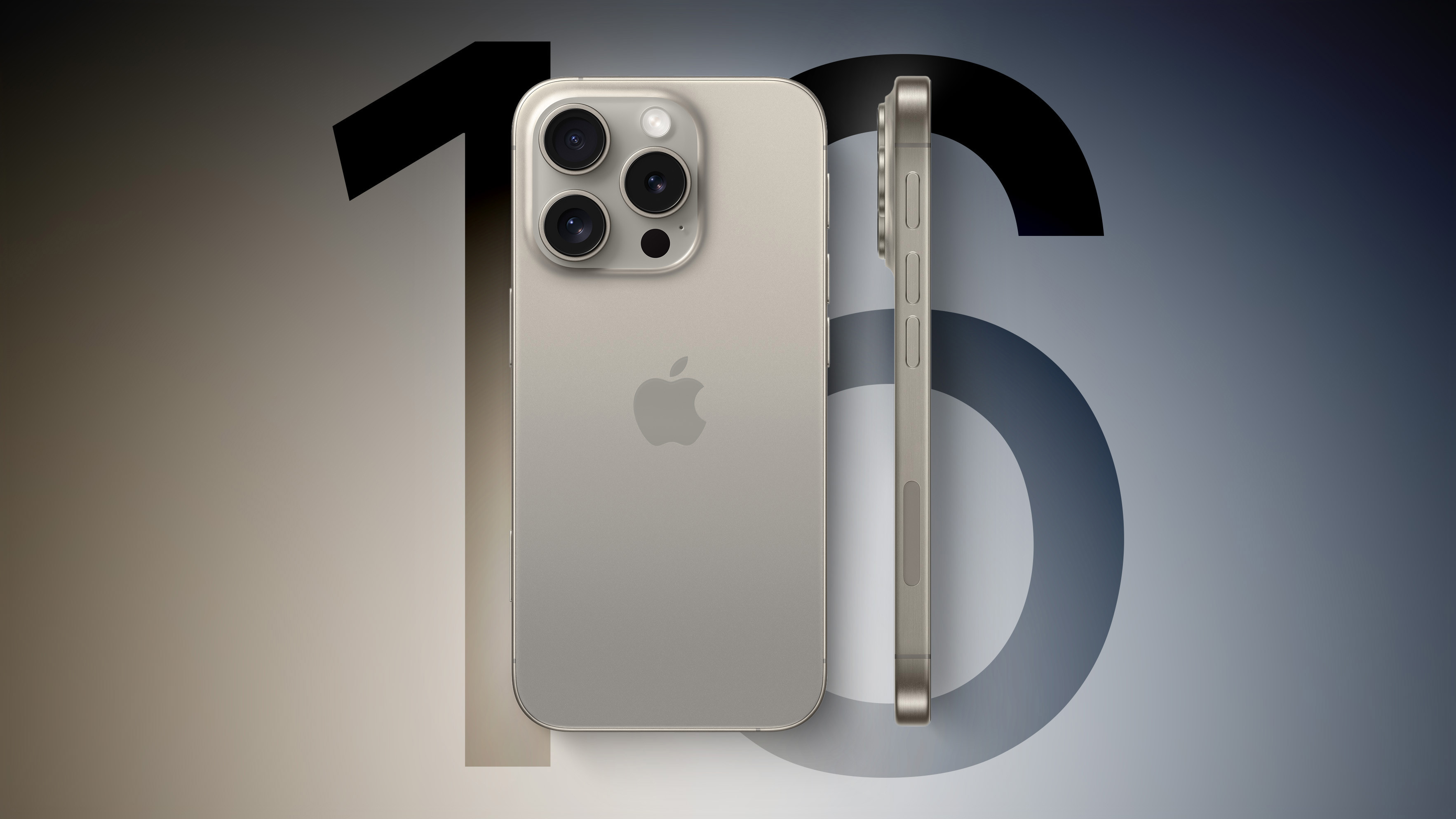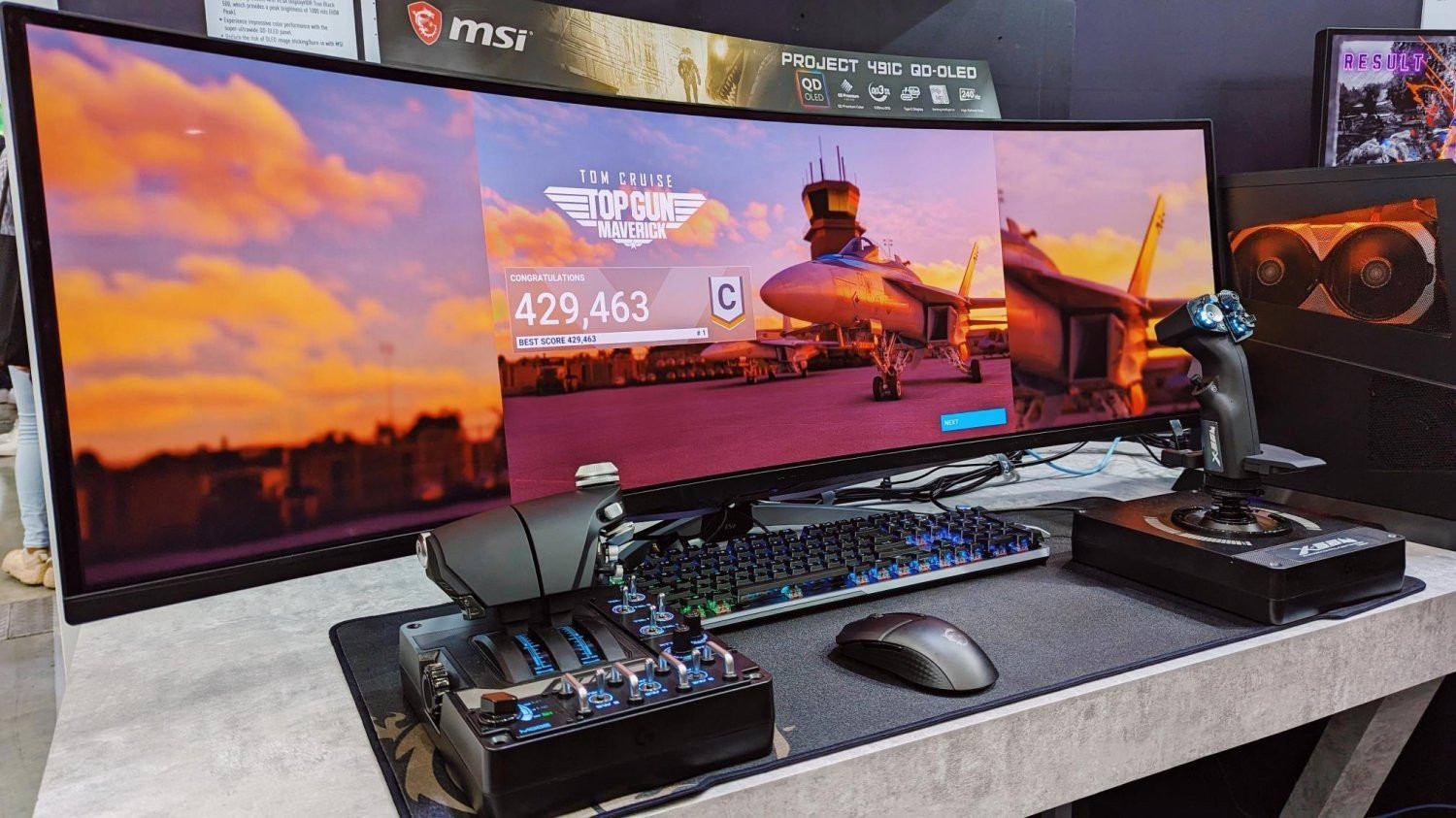Apple is gearing up to unveil its iPhone 16 with a new chip based on chipmaker ARM’s latest V9 architecture, reported the Financial Times, citing sources. The A18 chip, which will be revealed at an event on 9 September 2024, represents a key advancement for Apple, which relies on the iPhone for nearly half of its total revenues.
The company is set to introduce the first lineup of iPhones purpose-built for generative artificial intelligence (which lets users create text and images) during its annual hardware event, which kicks off at 1 p.m. ET. The event was teased with the cryptic motto of “it’s glow time,” and Apple is staying mum thus far on what it means.
Apple faces immense pressure ahead of the event to prove the new AI features and other iPhone 16 updates are worth shelling out for an upgrade. Apple also needs to convince investors that it hasn’t fallen behind in the AI arms race, as rivals have already released similar features with the new technology.
Since the launch of the iPhone 12 with 5G connectivity in 2020, the company has given customers few reasons to buy the latest generation. Phone cameras have largely advanced to the point where they’re sufficient for most people’s day-to-day needs without major hardware changes, and at some point the human eye isn’t even capable of perceiving higher screen resolutions.
As a result, iPhone sales, which make up half of the company’s revenue, have been sluggish. The company’s shares had been relatively stagnant, too, until the Apple Intelligence unveiling, a sign that investors are counting on AI to convince people to buy new iPhones. Apple’s stock is up 14% since the June 10 event, and nearly 18% since the start of this year.
If Apple delivers, it could cash in – roughly 300 million iPhones worldwide have not been upgraded in more than four years, according to a research note from analyst Dan Ives of investment firm Wedbush last month.
So, while Apple will likely highlight changes to various products and services like AirPods or, even Apple TV+ on Monday, “everything is about the iPhone upgrade cycle. Everything else is subplot,” D.A. Davidson analyst Gil Luria told CNN.
The company has already hinted at some of the things Apple Intelligence will be able to do: it will enable more natural conversations with Siri, help draft emails, make it easier to find specific moments in your photo albums and incorporate users’ personal information into its responses. The company’s task on Monday will be to show iPhone users what that will look in real life.
“Expect to see demos about how, within your text chain, you can get summaries,” Luria said. “You’ll know why did Tiffany M have beef with Tiffany R, and you’ll be able to ask that within the chat and get a response. Those are the kinds of things that will get people excited … to show some concrete examples of how folks will be able to use Apple Intelligence to do things they weren’t previously able to do.”
The new era will dawn Monday with the unveiling of the hotly anticipated iPhone 16 in a Cupertino, California, auditorium named after Apple co-founder Steve Jobs, who pulled out the first iPhone in 2007 and waved it like a magic wand while predicting it would reshape society.
Apple has sold billions of iPhones since then, helping to create about $3 trillion in shareholder wealth. But in the past decade, there have been mostly minor upgrades from one model to the next — a factor that has caused people to hold off on buying a new iPhone and led to a recent slump in sales of Apple’s marquee product.
The iPhone 16 is generating a bigger buzz because it is the first model to be tailored specifically for AI, a technology that is expected to trigger the biggest revolution in the industry since Jobs thrust Apple into the smartphone market 17 years ago.
The advances included in the iPhone 16 could set up Apple to be “the gatekeeper of the consumer AI revolution,” Wedbush Securities analyst Dan Ives wrote in a research note.
Apple’s pivot began three months ago with a preview of its new approach during a developers conference, helping to build anticipation for Monday’s showcase.
Since that June conference, competitors such as Samsung and Google have made even more strides in AI. Google even took the unusual step of introducing its latest Pixel phones packed with their own AI magic last month instead of hewing to its traditional October timetable in an effort to upstage Apple’s release of the iPhone 16.
In an attempt to set itself apart from the early leaders in AI, the technology being baked into the iPhone 16 is being promoted as “Apple Intelligence.” Even so, Apple Intelligence is similar to the generically named AI already available on Google’s Pixel 9 and the Samsung Galaxy S24 released in January.
Most of Apple’s AI tasks will be performed on the iPhone itself instead of remote data centers — a distinction that requires a special processor within the forthcoming models and the high-end iPhone 15s that came out a year ago. That’s why investors anticipate hot demand for the iPhone 16, spurring a surge in sales that has caused Apple’s stock price to climb by 13% since Apple previewed its AI strategy in June. That spike has increased the company’s market value by nearly $400 billion.
And while it’s not unusual for new iPhones to get an updated processor chip, that change may be especially important this year to ensure the iPhone 16 can handle the increased data processing needs that will come with the new AI features without compromising battery life. Luria added that he thinks there could also be a subtle change to the appearance of the iPhone, such as a wider screen or updated edges, “to drive home the point of an upgrade cycle.” “Something distinct about the new iPhones that will communicate to consumers that, ‘I have the new iPhone and you don’t,’ which was not the case for the last four years,” he said.
The iPhone 16 is also set to feature a dedicated camera button, according to a report from Bloomberg’s Mark Gurman.
Rumor has it that Apple may also announce updates to the Apple Watch and AirPods. The Apple Watch Series 10 is expected to be thinner than its predecessors but with a larger screen, and the company is also set to roll out new low-end and mid-tier AirPod offerings, Gurman reported, citing unnamed people familiar with the situation. Those updates would follow new software offerings for both devices that Apple announced at its annual developers conference in June. AirPods users will be able to answer or decline a call with just a nod or shake of their head. And new vital sign tracking on Apple Watch can notify users when they may be getting sick, based on signals like body temperature and heart rate.
A major question heading into Monday’s event is how Apple will price the iPhone 16 lineup. For the last four years, the starting price at launch for the new iPhones was $799. Apple enthusiasts have debated for years whether iPhone models should be cheaper, while investors would prefer maximum profit. Many analysts, including CFRA Research’s Angelo Zino, say Apple could modestly raise prices “across the board” for the iPhone lineup because of the new AI features and the cost to the company of delivering them. However, it almost certainly won’t be a major hike because “they don’t want to lose the (customer) enthusiasm because of sticker shock,” Luria said.
The development comes as Apple is in the midst of redefining itself as an AI-centric company. In June, it introduced a suite of features known as “Apple Intelligence,” including an improved Siri, custom emoji creation, photo editing with in-house AI models, and a partnership offering free access to OpenAI’s ChatGPT.
However, the computational demands of running AI models on a device that fits in your pocket necessitate advancements in chip technology. The current Apple Intelligence features are only compatible with the company’s most advanced iPhone 15 Pro and Pro Max models, which house the A17 Pro chip based on Arm’s V8 architecture.
Meanwhile, the Cupertino-based company’s adoption of the V9 chip design is a boon for Arm, with which Apple has a multi-year licensing agreement.
Arm’s chief executive, Rene Haas, has noted that the V9 technology could generate twice the royalties compared to the previous V8 generation.
Arm, a UK-based and US-listed company, earns revenue through licensing its chip architecture—a set of instructions forming the chip’s foundation—and through royalties.
The V9 architecture was launched by Arm in 2021.
Apple has already incorporated the V9 architecture into its latest M4 MacBook chips, which it claims represent a “giant leap” in performance for the upcoming generation of its PCs.
Apple and Arm have not commented on the matter, the publication said.
Following its IPO in September 2023, Arm’s shares have risen approximately 70% since the beginning of 2024, as the company expands into the PC, automotive, and industrial chip sectors and benefits from surge in AI chip investments.
Investors are keenly observing the iPhone 16 launch for any additional details Apple may provide regarding the consumer availability of these features.
Apple has indicated a phased feature rollout, with some being introduced initially and others expanded to more languages and regions subsequently.
Meanwhile, a developer beta test of iOS 18.1, which will introduce Apple Intelligence to the iPhone, is currently underway.

















